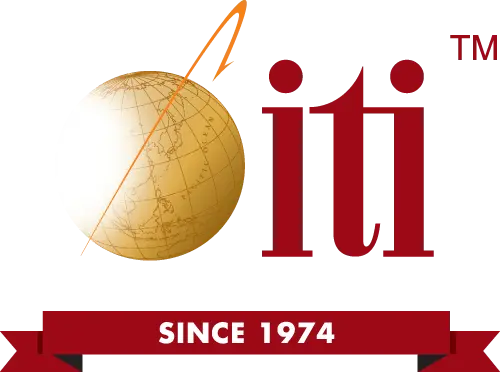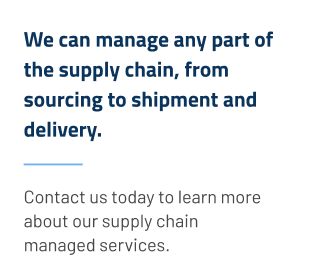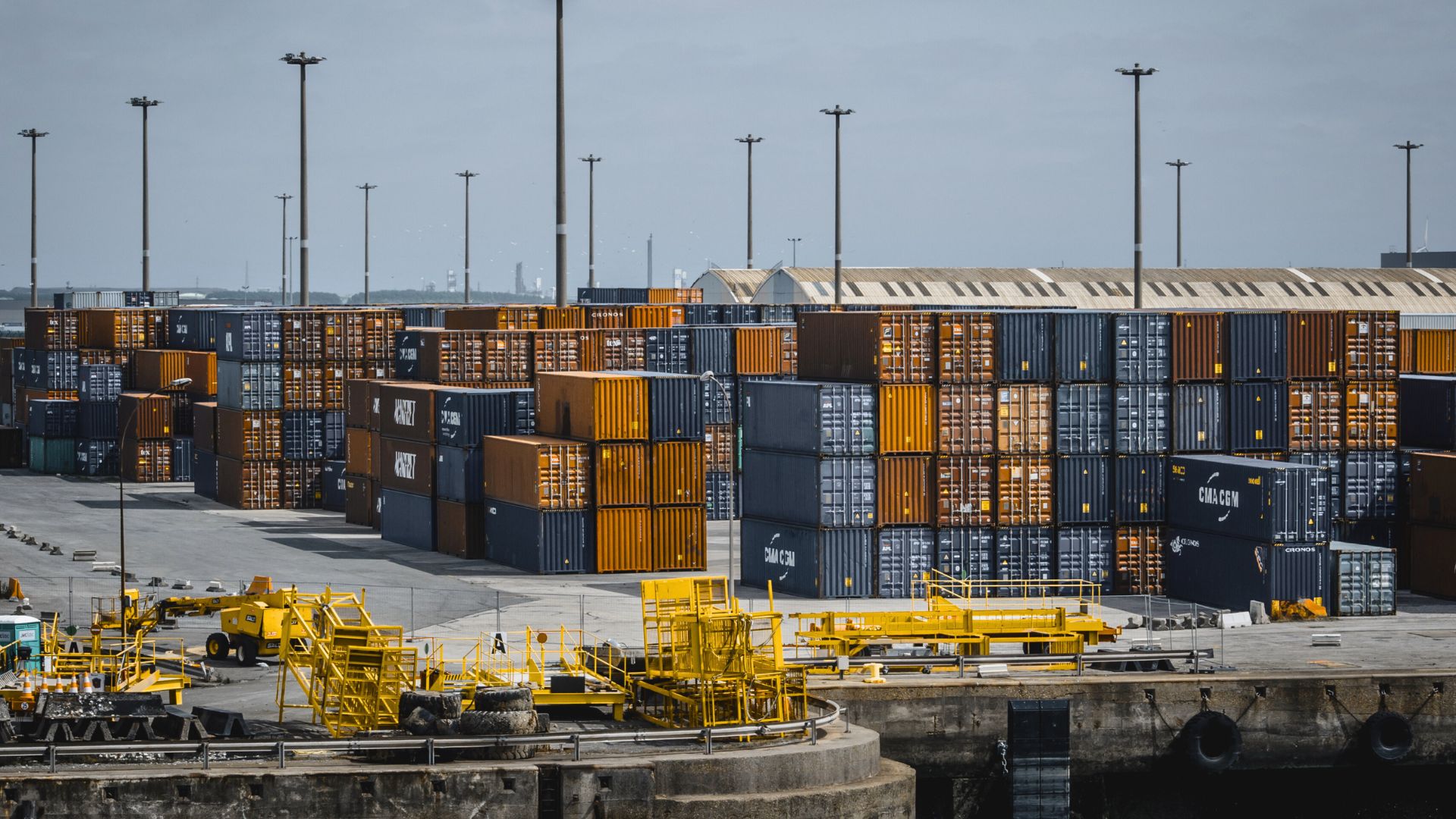When discussing China manufacturing, the topic of shipments not matching approved samples often comes up. Typically, shipments are correctly made; on the other hand, the occasions on which they do not result in serious disruption to the supply chain, unplanned expense, and the eroding of customer confidence.
A U.S. business owner who contracts to have product(s) made in China will (should) receive a sample prior to authorizing production. Approval samples should be made and approved any time changes are made to ensure those changes have been made per the customer’s vision and intention. There are many “moving parts” in the manufacturing chain, and it’s easy to get complacent when shipments come in and everything is correct. It’s expected, right? Sure it is. However, when dealing with people thousands of miles away who natively speak a different language, and have a totally different culture than we have here in the USA, taking anything for granted could turn out to be a costly mistake.
Steps to Ensure Production Matches the Samples
Listed below are some of the steps that can help to ensure shipment(s) match the approval sample.
1. Finding the Right Factory
This seems obvious and it’s critical, but it doesn’t always happen. If a factory is unfamiliar with the type of manufacturing processes and materials required by your product, you are asking for trouble. There is no end to the variety of ways an unqualified factory can fail at manufacturing even the simplest product. Finding the most suitable supplier in China can be an intimidating challenge. One way businesses try to find a factory is to go to a trade fair in China or to look online. The issue here is that only a fraction of China manufacturers can be found at trade shows or in online directories. Either of these choices starts you on a long journey of trial and error. This is a journey you may not have the time to take.
We think the effective way to most quickly find the right China maker is to take advantage of on-the-ground, local manufacturing services of Chinese-speaking intermediaries who know the ins and outs of China manufacturing. For example, ITI Manufacturing has 40 years of in-depth experience with all phases of outsourcing in Asia. Our many years in China enable our dedicated, China-based staff to find the right manufacturer for each specific product.
Why do we think that? We know how time-consuming and resource intensive it is for us to successfully find, vet, and contract with the right factory for our customer’s products, and we’ve been doing it for over 40 years.
2. Providing Detailed Specifications
As Steven Covey stated in his best-selling book The 7 Habits of Highly Effective People, “beginning with the end in mind” is critical. Even though the factory is skilled in working with the materials you specify, as well as the manufacturing processes required, the factory does not know what your product should look like, how it should perform, issues you may have had in trying to manufacture the product previously, or how to test and inspect the item unless you tell them. That’s why perfect samples (not “seconds”) or prototypes, mechanical drawings (3D is best), written testing and inspection criteria, as well as packaging details, are the minimum you should provide.
Think of it this way: You are asking the factory to take an open book test. It is in your best interest for the factory to score 100 on this test. Therefore, you should want to provide the factory with the detail it needs to score 100. This may include 3rd party testing requirements such as ASTM-F963 testing if your product is classified as a toy.
Does your product require a law label because it’s stuffed with material like a pillow, quilt, or plush item? Does your product require a UL certified factory? Maybe your customer requires the factory to be ISO certified. It helps to clearly communicate these details and requirements in the beginning. These requirements are part of the factory profile and are the first step in finding the right factory.
3. Knowing Quality Control and Factory Requirements
The product determines the QC. Some projects need only the raw materials to be verified and post-production inspection. Some projects require these plus inspection points throughout the production process. Each product is different, each unique. Your goal is for the manufacturer to test and inspect your shippment before it leaves the factory. This includes packaging. The farther from the factory a shipment with errors is, the more expensive and time consuming it will be to correct or replace.
If you are working directly with the factory, be sure to hire an independent 3rd party China-based inspection company to inspect prior to the shipment leaving the factory. A good idea is to supply the factory up front with the same detail as the inspection company. Remember the open book test? You want the factory to score 100.
4. Negotiating and being aware of Payment Terms
This topic does not directly ensure your shipments will match your approval sample, but if you understand your payments terms and payment triggers, you will have better control of the process. You must know up front not only your responsibilities regarding deposits and payments but the factory’s performance responsibilities. This is another and separate “begin with the end in mind” situation.
- Bank Transfer details
- Production deposit, payments, and triggers to make those payments
- Tooling costs; deposits, payments, triggers? Discuss tooling ownership.
- Never pay in full in advance. A reputable factory will not ask for full payment up front.
5. Working with a Company That Knows the Ropes
Unless your company is skilled and knowledgeable in the ways of China manufacturing you may want to consider working with a company that has done what you need done thousands of times!
Ensure Your Product Specifications
ITI Manufacturing has been representing customers in Asia since 1974. Our dedicated China-based staff knows the ropes. We understand the language, culture, and the Chinese factory environment. We routinely manage the entire process for our customers including gathering interoperating, and translating the necessary documentation, locating the right factory, negotiating, creating the contracts, ensuring the proper QC, arranging for shipping, and guaranteeing each shipment will be free of manufacturing defects.
Call ITI today to discover how worry free China manufacturing can be!




